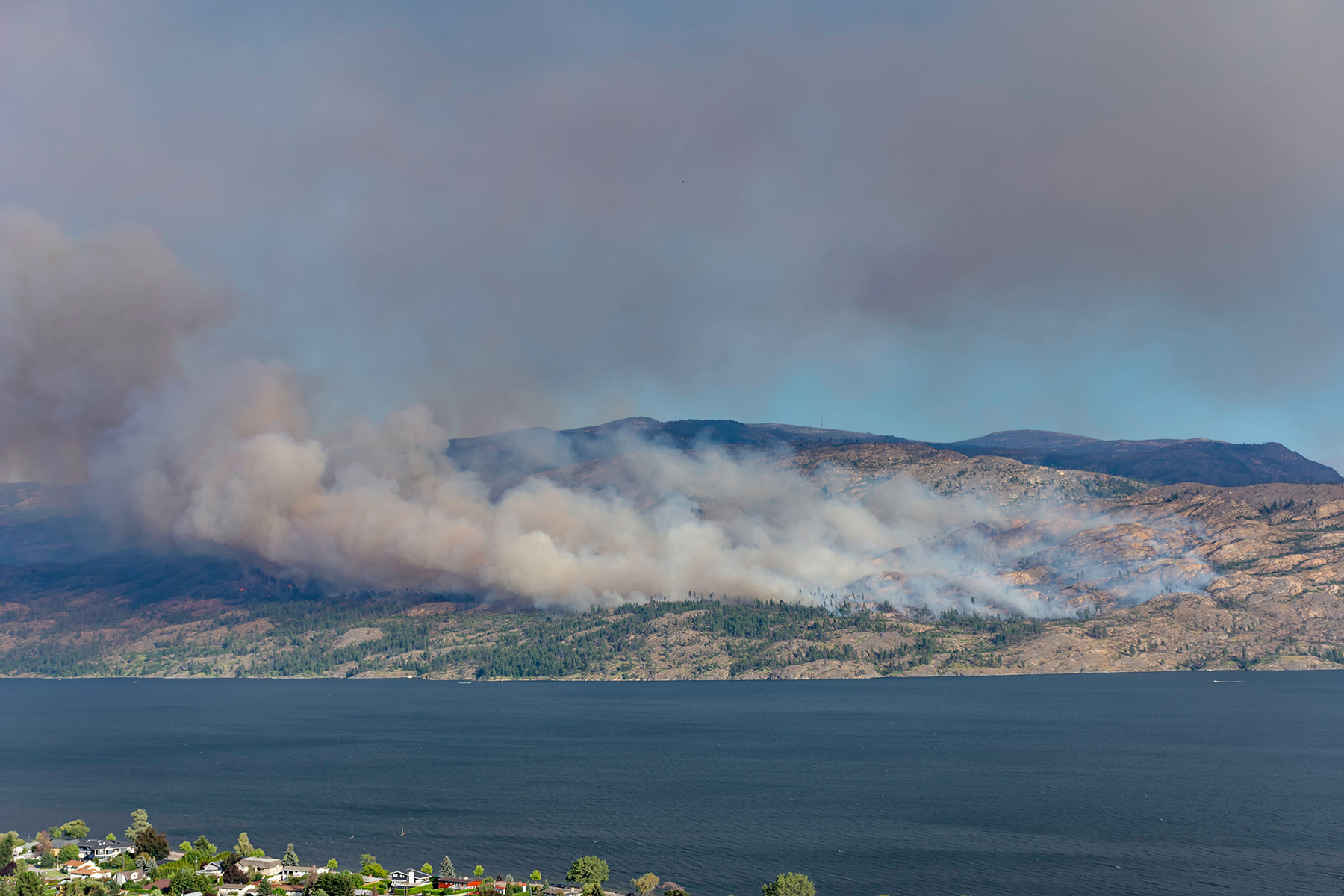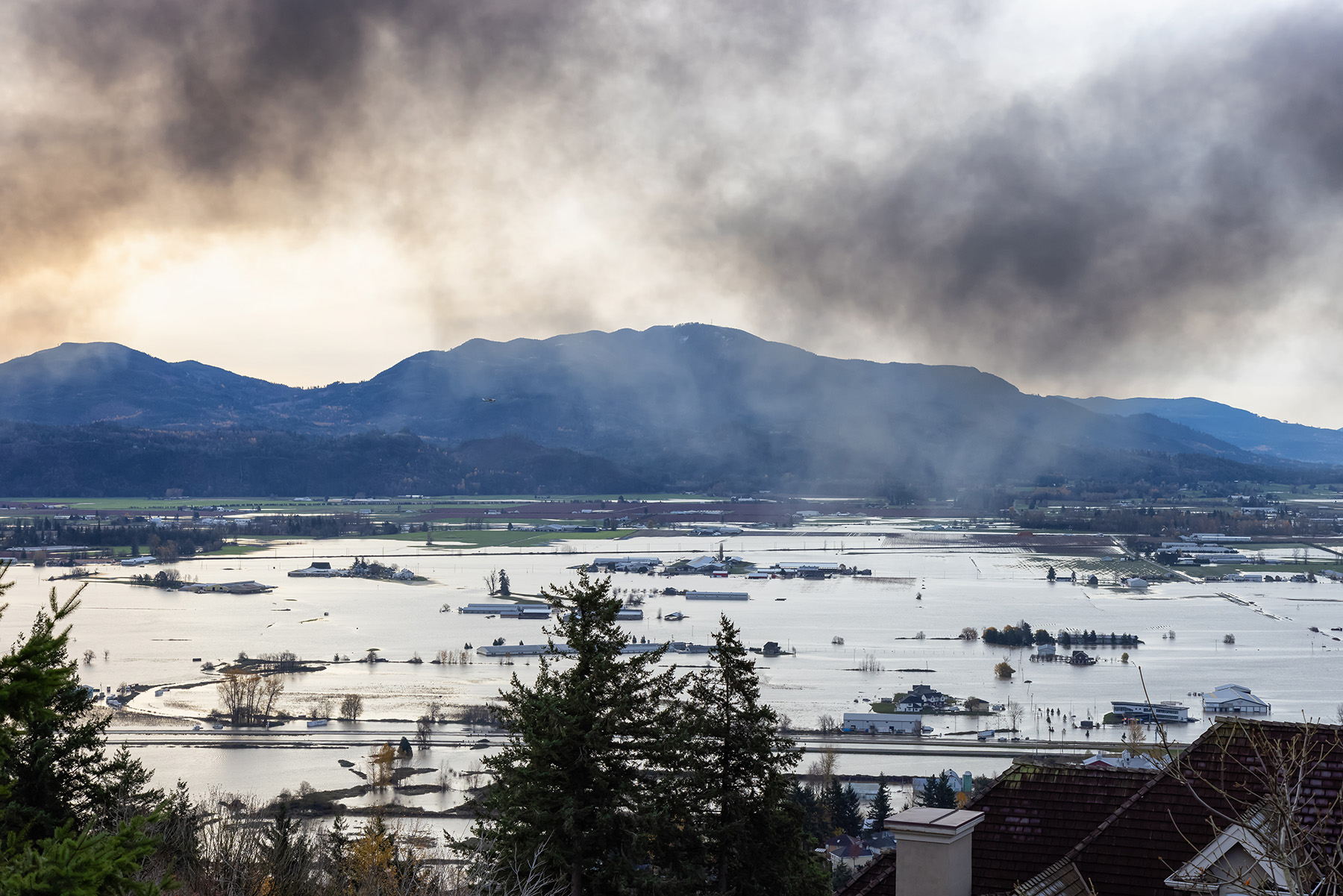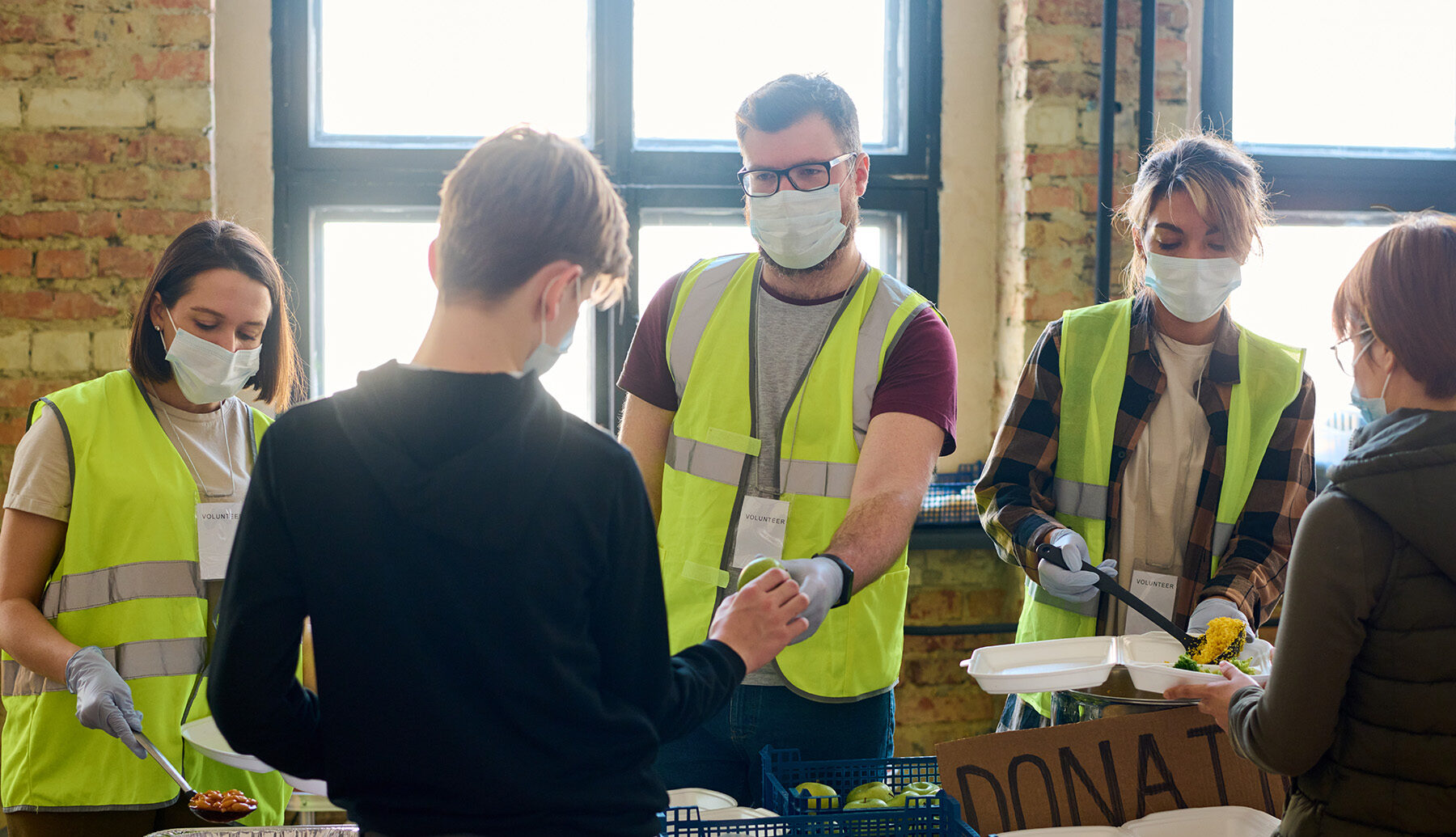Climate Crisis
Taking action to address additional barriers and inequities created by the harmful effects of climate change.
The climate crisis facing our world is a public health priority. It is a crisis with immense population health impacts. Moreover, it underscores and intersects all our work in public health and must be prioritized. While complex, and the scale and scope make it an overwhelmingly daunting task to address, we must.
Implications of climate change include extreme weather events, emerging infectious diseases, mental distress, food insecurity, and exacerbation of health disparities for populations experiencing inequities due to systemic drivers such as colonization, criminalization, poverty, housing instability, and many more.
Effective strategies must take into consideration the broad determinants of health, human rights, climate justice, and the diverse contexts in which positive health is achieved, including the social, economic, natural, and built environments.
Certain groups are at higher risk of climate consquences.
Certain groups are at higher risk of climate consequences, such as people who are not able to prevent or recover from climate events, people with chronic illnesses, children and older adults, and Indigenous people who have a strong, close relationship with the lands and waters. This also means Indigenous people can lead the way and we must respect and understand that successful climate action must be co-created in ways that protect and strengthen Indigenous Rights, knowledge, relations, and unique connections to Title, Traditional Territories, and guardianship of the lands overall.
The Foundation has begun conversations with our partners in regions across BC to better understand community needs, and local adaptations to the climate crisis, as well as with our provincial partners, and it is through these conversations that we will be able to shape our response, support, and investment in this critical area.
We know we need to address this work within a greater context — for example, mental health can be directly and indirectly impacted by climate change and rural and remote Indigenous communities are particularly vulnerable to extreme events like flooding. We know there are many needs and taking an equity-based, socially-just approach grounded in community, reconciliation, collaboration, and the determinants of health will enable us to work towards community resiliency and improved population health outcomes across BC.
Together with our supporters, the Foundation is focused on turning evidence into action by addressing the biggest crises of our times — we’re working to strengthen public health, drive innovation, promote health and protective health factors, reduce harms, and advance equity and resiliency to support the generations of tomorrow. Your gift will help us to be prepared for the work that lays ahead, ensuring we are able to support the crucial work that is needed to drive real and lasting change.



